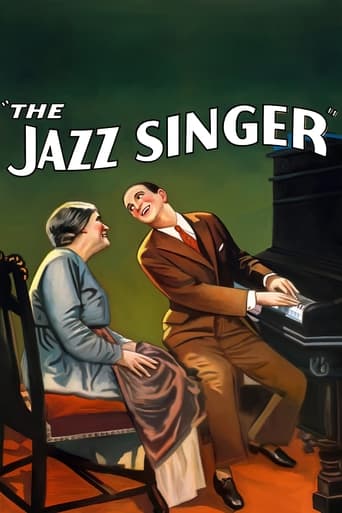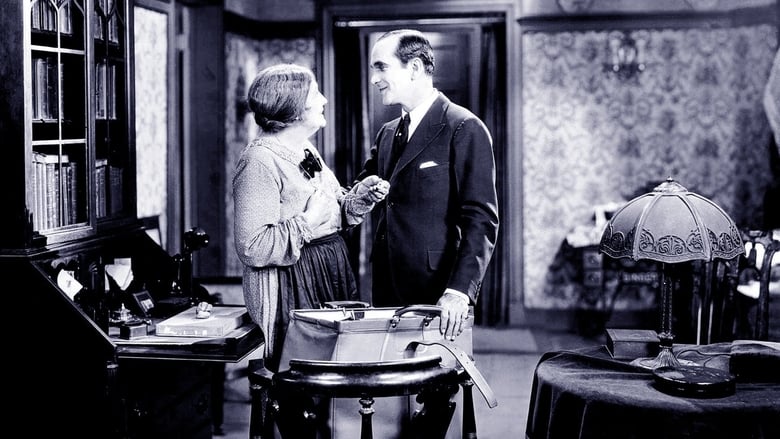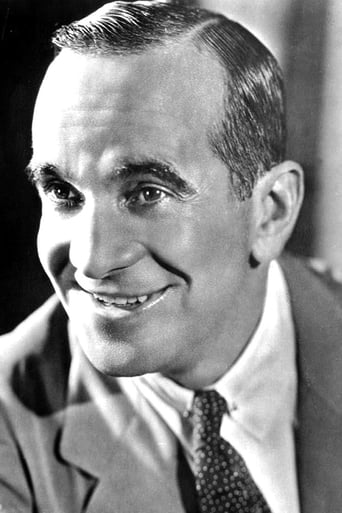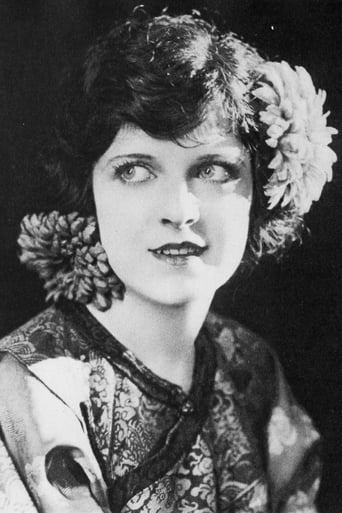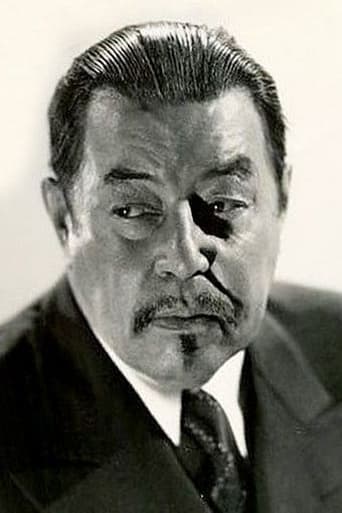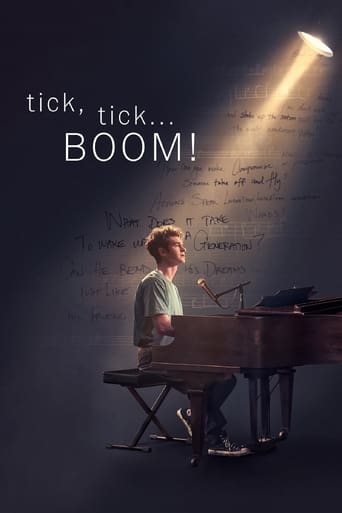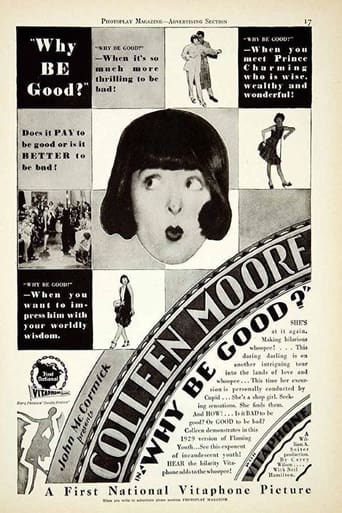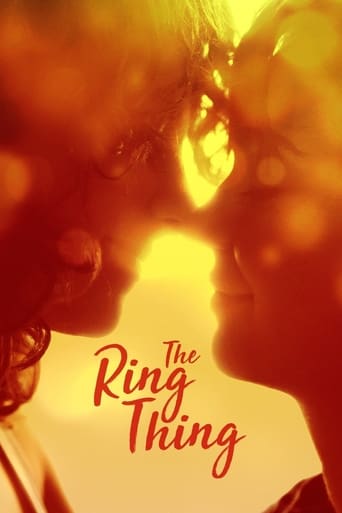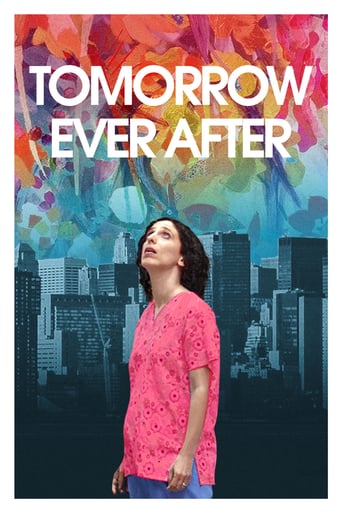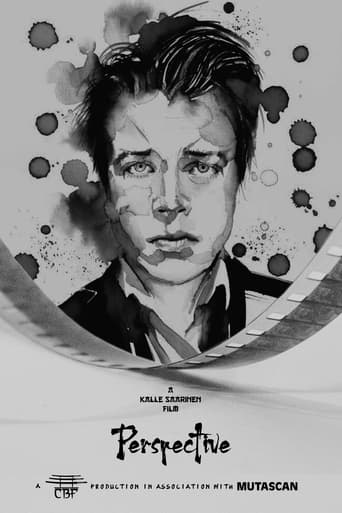The Jazz Singer (1929)
A young Jewish man is torn between tradition and individuality when his old-fashioned family objects to his career as a jazz singer. This is the first full length feature film to use synchronized sound, and is the original film musical.
Watch Trailer
Free Trial Channels
Cast


Similar titles
Reviews
Purely Joyful Movie!
n my opinion it was a great movie with some interesting elements, even though having some plot holes and the ending probably was just too messy and crammed together, but still fun to watch and not your casual movie that is similar to all other ones.
A film with more than the usual spoiler issues. Talking about it in any detail feels akin to handing you a gift-wrapped present and saying, "I hope you like it -- It's a thriller about a diabolical secret experiment."
This is a must-see and one of the best documentaries - and films - of this year.
"Isn't there anything that touches you, that warms you? Every man has a dream, what do you dream about?" That quote comes from my favorite moment of Stanley Kramer's "Inherit the Wind" the movie about the monkey trial ending with the atheist lawyer, played by Spencer Tracy, admitting off the record the power of faith. He wasn't against religion but the way religion could become an oppressive force while its quest for a spiritual meaning could generously provide the kind of harmony every man seeks. That's the idea of "The Jazz Singer", a film about two men who have their own religion, a rabbi who believes in the word of God and his son Jacob (Al Jolson) who believes he can only sing his truth by entertaining people. What they all have in common besides belonging to a prestigious generation of Cantors is the same 'tear' in the voice, and this is the stuff you can't cheat with. Yet the father won't allow his son to disgrace the family by shouting or dancing to pagan rhythms, the mother is more understanding. Religion becomes oppressive and pushes little Jackie to leave the house and fulfill his dream. The rest is history... and today, the movie is mostly famous for being the first talkie, and the talkies couldn't have a better start than something enlightening us about the power of a voice, of music, and how it translates your thoughts, your emotion, your demons so powerfully it can reach other souls. There's something in "The Jazz Singer" that fittingly touches the essence of the medium and we might have noticed it if we weren't so busy looking at it as a pioneer. Indeed, I've been interested in movies ever since 1995 and the whole centenary celebration. In these Internet-less times, there wasn't a book I opened, a documentary I saw that didn't mention the iconic "Jazz Singer". You'd have asked me as a kid about the first talking picture, I would give you the title and the most iconic image, a singing black-faced man... and I thought that the movie was only consisting on a man singing, a short film whose novelty was enough to made a sensation. Then I saw the first excerpts from "Goodfellas" with the "Toot, Toot, Tootsie" part, then being an AFI buff, I discovered the line "Wait a minute, you ain't heard nothing yet" the first unsung line of history. I noticed many cartoons of the Golden Age made a reference to the "Manny" song. And then, I saw the episode of "The Simpsons" revealing that Krusty the Clown was estranged with his father, a rabbi who disowned him after he became an entertainer. I know it's not a very interesting story but just to say that all these little pieces of the puzzle made me believe that "I saw everything yet". But I didn't! What makes the film so great has actually nothing to do with its status. Of course, the music is integral to its power, but had this film been the second or third talking picture, it would have changed absolutely nothing to its greatness. Yes, it is outdated by many elements (actually there aren't many talking parts) but the film is as modern and relevant today as it was nine decades ago as a riveting portrayal of an inner conflict, a man who has a dream but a heart too. Our Jazz singer must choose between whether the show must go on and the call of his race, from deep inside. There comes a point where he either misses his first show on Broadway or not sing during the Atonement ceremony because his father is too sick. At that moment, I was at the edge of my seat as if I was watching a thriller. I've said it once and I say it again, the greatest thrills come from these powerful conflicting dramas. And when Jackie says "I must choose between losing my career or breaking my mother's heart", I couldn't handle the desperation, whatever ex-machina could have saved him, I was ready to accept it, Because Jackie wasn't just desperate, he was angry at his boss to ask him to abandon his parents or threaten him to lose his job. That climactic sequence was one of the most powerful I've experienced recently and the resolution was just perfect. Ebert said about Astaire's blackface number in "Swing Time" that, according to the Cinebooks essay, it was "perhaps the only blackface number on film which doesn't make one squirm today", I know there was some controversy around Jolson's blackface, but when he sang Manny, I was literally hypnotized by the tears in his voice and could see beyond the race. Just like any non-Jewish person can relate to Jackie, I don't think the blackface is played as an insult or whatever derogatory, if anything, this is a film that more plays for the ears than the eyes, and for the spirit, more than the ears. Speaking of religion, "The Jazz Singer" is also one of the first movies immersing us in a faith that is not Christian, a film that takes you in the intimacy of a culture. Hollywood was created by many immigrants who escaped from the pogroms in Eastern Europe, it's only fitting that one of the seminal Hollywood movies plays like a tribute to their faith, especially since religion is never preached but plays like an antagonist at first before reconciling with jazz through the idea that it's only a way to reach people, after all, if music wasn't so powerful, psalms wouldn't be sung and jazz wouldn't have religious songs. So I conclude by saying that it's more than a pivotal moment in Hollywood history, it's a great movie on its own merits, I said about "The Mission" that it was the greatest movie about the three universal languages of the soul: faith, love and music, well, maybe I'd consider "The Jazz Singer" a close second.
The Jazz Singer is an important movie in the history of cinema. First feature-length movie with audible dialogue. It was also the the first film musical. These factors are enough for the film lovers to watch it immediately. But, more than that this is a beautiful, emotional musical drama.Jackie is the only son of a Cantor. He was very much interested in music, but it was Jazz music. When his father came to know about it, he whips Jackie. Jackie runs away. Years later, he becomes a successful jazz singer. He meets a beautiful girl. He makes a comeback to home on his greatest achievement of his life. But, that puts him under a tough situation. A dilemma. He has to make a choice. "~It's a choice between giving up the biggest chance of my life and breaking my mother's heart~".Emotions, situations, music, love, affection all mixed up to get a beautiful movie. One of the best Hollywood films that portrays Mother-Son-Father bond.Do not miss the first talkie. Highly recommended.#KiduMovie
In NYC, child Jakie defies his father Cantor Rabinowitz, his culture and family tradition to sing in the ragtime jazz club. He runs away after a whipping by his father. Years later in Chicago, Jakie (Al Jolson) becomes singer Jack Robin. He's smitten with performer Mary Dale (May McAvoy) and she gets him an important opportunity.This is the first feature-length motion picture with synchronized dialogue sequences. There has been shorts with dialogue but this is considered the dawn of the talkies. Al Jolson's first line is "Wait a minute, wait a minute, you ain't heard nothing' yet" which is great on many levels. The story itself is nothing special but at least, it doesn't suck. For such an iconic movie landmark, it would be horrible if this movie is bad in any way. It's a musical with a couple of great songs. The blackface could be irksome for parts of modern audience but that's the style back in the day. It's not meant to be offensive. This is worthy movie for such a big technical signpost.
Take away The Jazz Singer's gimmick and it would be remembered as just another movie from the 1920's. This film, however, is widely acknowledged as the first talking picture. It stars Al Jolson. It's a universal story of dogged pursuit of career and Daddy Issues. Those are legit reasons (particularly the sound thing) to keep it somewhat relevant, but it's also pretty dumb. Had it been made a few years into the sound era, it certainly wouldn't have been recognized by the American Film Institute on their 1998 Top 100 list.Even at that, the talking scenes are mostly just Jolson singing and doing his jazz act. When they give him and his mother (Eugenie Besserer) a scene that isn't about music, he's stiff and you can hardly hear what she's saying. Sure, this was all new to people who'd been making movies for years without having to worry about dialogue. They were infants in the land of audio. You gotta cut them a little slack.Okay, slack cut. Back to beefing. This is one more in a long line of movies that rely on the "you perform tonight even though your father is on his death bed or you're through" crutch. Nothing like a good guilt trip dealt out by show biz types who've OFTEN put their career goals over the needs of their family. As for whether not Jack Robin (Jolson) puts his father's dreams of the son becoming a Jewish cantor over the son's jazz career...that shall not be spoiled here. There IS much hand-wringing over it though, often literal hand-wringing.And then there's the blackface! Arguments could be made that this movie was just paying homage to the racist staple of vaudeville days of yore and weren't trying to make fun of black people. Still, we can't just forgive them in their ignorance. It's great that the movies finally got to speak in 1927 and The Jazz Singer was sound's godfather. They might have looked a little harder for a more worthy story. And they could've found a way to avoid that blackface.If this snapshot review made you yearn for more, check out the website I share with my wife (www.top100project.com) and go to the "Podcasts" section for our 32-minute Jazz Singer 'cast...and many others. Or find us on Itunes under "The Top 100 Project".

